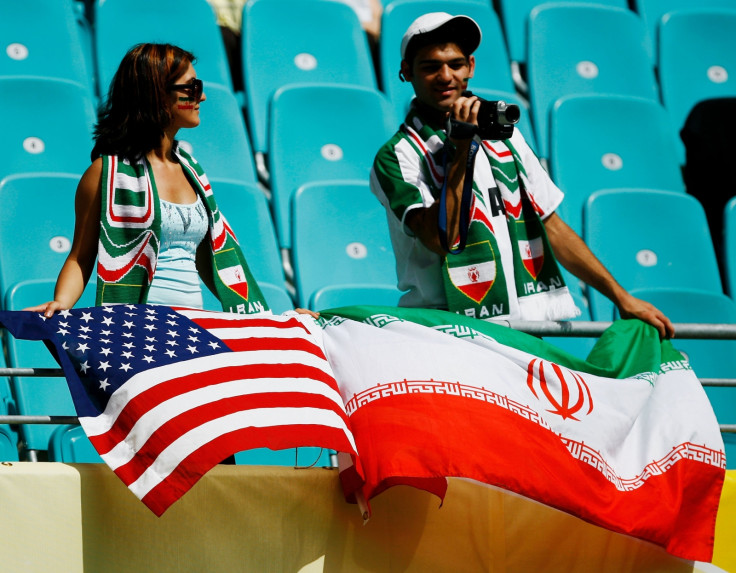Nuclear deal: World needs Iran to stabilise 'very unsafe' Middle East threatened by likes of Isis

The world needs strong relations with Iran because of its stabilising abilities in the Middle East region, the Swiss ambassador to Iran has said. At a Europe-Iran business forum, ambassador Giulio Haas told possible investors in Iran and Europe, as well as Iranian heads of businesses, that the motivation behind investing in Iran was not just financial, but also political.
"I think, business wise, Iran needs the rest of the world much more than vice versa," the diplomat said. "Whereas... if this exercise in trust building turns out favourably, Iran will be a stabilising force in a very, very unsafe region. In this sense, politically, the world needs Iran to do its share in pacifying one of the critical aspects."
It is not the first time the ambassador has used the geographic and possible political role of Iran as a reason for investors to enter the market after sanctions are lifted. In August, he told Swiss businesses that Iran could be a "pole of stabilisation". The comments come as Western countries and Iran prepare for the lifting of sanctions imposed over Iran's nuclear programme
Although some analysts say investors and companies are rushing towards Iran without any concrete proof of the investment opportunities being significantly profitable, the country's young demographic and diverse economy is seen as a good opportunity for businesses to expand to.
Haas's predecessor also underlined the importance of Iran on the global playing field. Former ambassador Livia Leu said: "It's always destabilising if you have countries that are not integrated into the international community, [because] there is of course an imbalance and that creates tension. The more countries you have in the community, the more stable it is."
Enemies
Haas also said that, although relations between the US and Iran will have a better chance of deepening after the sanctions are lifted, the countries will still be "enemies".
In 2016 or 2017, when the limits to Iran's trade and economy linked to the Islamic Republic's nuclear programme will be lifted, many sanctions on the country will still be in place as they are related to its human rights positions instead.
"The secondary effect of the US sanctions is [that] extraterritorial consequences of primary US sanctions will go away for European companies, so, life looks a lot less difficult after implementation than now," the ambassador said.
"Some of the sanctions to some of the Iranian players will stay in force, because they are not based on the nuclear pact, but they have been based on different other sanctions the US put out, which predate all these so-called nuclear [deal]. That's why I think Iran is one of these countries where any company going in has to know exactly who is the client, who are the shareholders."
© Copyright IBTimes 2025. All rights reserved.




















